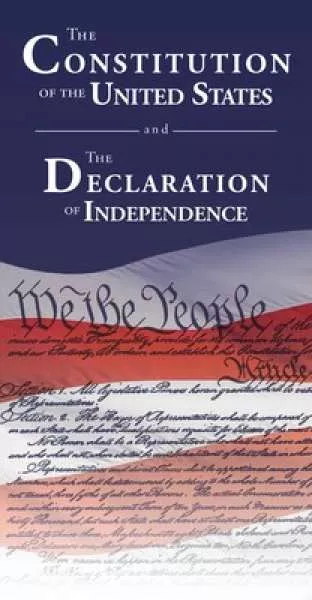
The Declaration of Independence of the United States of America
by Founding Fathers of the United States
'The Declaration of Independence of the United States of America' Summary
The Lee Resolution for independence was passed by the Second Continental Congress on July 2 with no opposing votes. The Committee of Five had drafted the Declaration to be ready when Congress voted on independence. John Adams, a leader in pushing for independence, had persuaded the committee to select Thomas Jefferson to compose the original draft of the document, which Congress edited to produce the final version. The Declaration was a formal explanation of why Congress had voted to declare independence from Great Britain, more than a year after the outbreak of the American Revolutionary War. Adams wrote to his wife Abigail, "The Second Day of July 1776, will be the most memorable Epocha, in the History of America" – although Independence Day is actually celebrated on July 4, the date that the wording of the Declaration of Independence was approved.
After ratifying the text on July 4, Congress issued the Declaration of Independence in several forms. It was initially published as the printed Dunlap broadside that was widely distributed and read to the public. The source copy used for this printing has been lost and may have been a copy in Thomas Jefferson's hand. Jefferson's original draft is preserved at the Library of Congress, complete with changes made by John Adams and Benjamin Franklin, as well as Jefferson's notes of changes made by Congress. The best-known version of the Declaration is a signed copy that is displayed at the National Archives in Washington, D.C., and which is popularly regarded as the official document. This engrossed copy (finalized, calligraphic copy) was ordered by Congress on July 19 and signed primarily on August 2.
The sources and interpretation of the Declaration have been the subject of much scholarly inquiry. The Declaration justified the independence of the United States by listing 27 colonial grievances against King George III and by asserting certain natural and legal rights, including a right of revolution. Its original purpose was to announce independence, and references to the text of the Declaration were few in the following years. Abraham Lincoln made it the centrepiece of his policies and his rhetoric, as in the Gettysburg Address of 1863. Since then, it has become a well-known statement on human rights, particularly its second sentence:
We hold these truths to be self-evident, that all men are created equal, that they are endowed by their Creator with certain unalienable Rights that among these are Life, Liberty and the pursuit of Happiness. The declaration was made to create equal rights for every person and if it was intended for only a certain section of people, they would have left it as "rights of Englishmen".
This has been called "one of the best-known sentences in the English language", containing "the most potent and consequential words in American history". The passage came to represent a moral standard to which the United States should strive. This view was notably promoted by Lincoln, who considered the Declaration to be the foundation of his political philosophy and argued that it is a statement of principles through which the United States Constitution should be interpreted.
The Declaration of Independence inspired many similar documents in other countries, the first being the 1789 Declaration of United Belgian States issued during the Brabant Revolution in the Austrian Netherlands. It also served as the primary model for numerous declarations of independence in Europe and Latin America, as well as Africa (Liberia) and Oceania (New Zealand) during the first half of the 19th century.
Book Details
Language
EnglishOriginal Language
EnglishPublished In
1776Genre/Category
Tags/Keywords
Download eBooks
Listen/Download Audiobook
- Select Speed
Related books
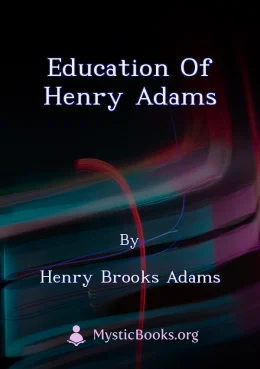
Education of Henry Adams by Henry Brooks Adams
The Education of Henry Adams, published posthumously in 1918, is a deeply personal and intellectually stimulating memoir by Henry Adams. It chronicles...
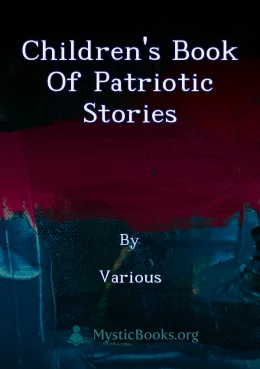
Children's Book of Patriotic Stories by Various
This anthology gathers a collection of patriotic stories designed for young readers. The stories aim to inspire a sense of national pride and understa...
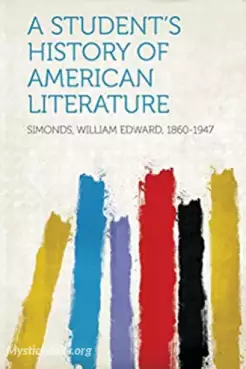
A Student's History of American Literature by William Simonds
Engaging history of American Lit from the 1600's up through the late 1890's. The author, who was a professor at Knox College, really put a lot into th...
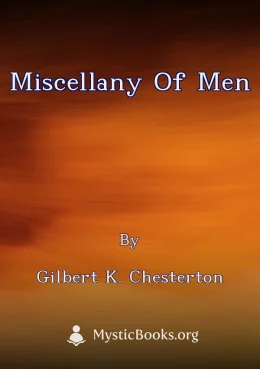
Miscellany of Men by Gilbert K. Chesterton
Gilbert Keith Chesterton was among the world's most prolific writers who incorporated relentless logic, wonderful humor, and a clear view of truth int...
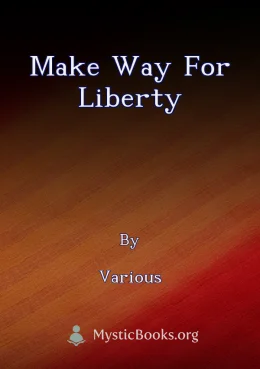
Make Way for Liberty by Various
This collection of poems explores the themes of war, sacrifice, and the pursuit of liberty. It features works by renowned poets of their era, who use...
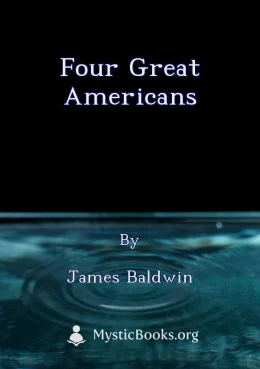
Four Great Americans by James Baldwin
Written for children, James Baldwin's history of Washington, Franklin, Webster, and Lincoln brings these men to life in a way that will be interesting...
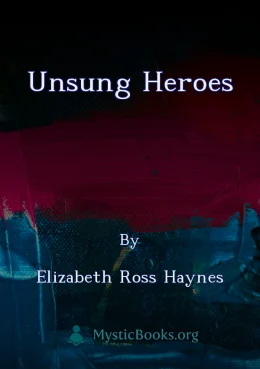
Unsung Heroes by Elizabeth Ross Haynes
Elizabeth Ross Haynes's "Unsung Heroes" is a collection of 17 biographies of prominent African Americans, many of whom were less recognized in 1921....
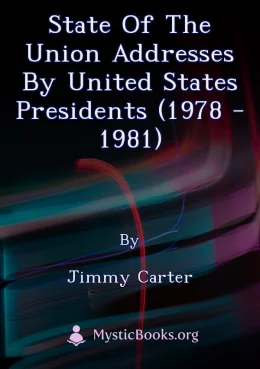
State of the Union Addresses by United States Presidents (1978 - 1981) by Jimmy Carter
This book contains recordings of President Jimmy Carter's State of the Union addresses delivered annually from 1978 to 1981. These speeches provide a...
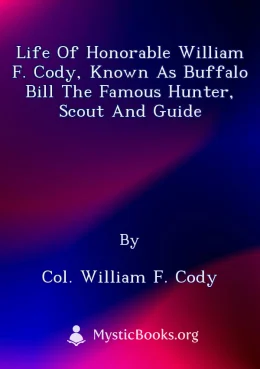
Life of Honorable William F. Cody, Known as Buffalo Bill The Famous Hunter, Scout and Guide by Col. William F. Cody
This book offers a firsthand account of the life and adventures of William F. Cody, the renowned frontiersman known as Buffalo Bill. Written in Cody's...
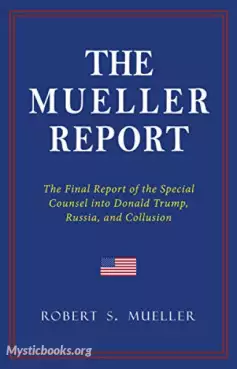
The Mueller Report by Robert Mueller
The Special Counsel investigation was an investigation into Russian interference in the 2016 United States elections, links between associates of Dona...
Reviews for The Declaration of Independence of the United States of America
No reviews posted or approved, yet...

